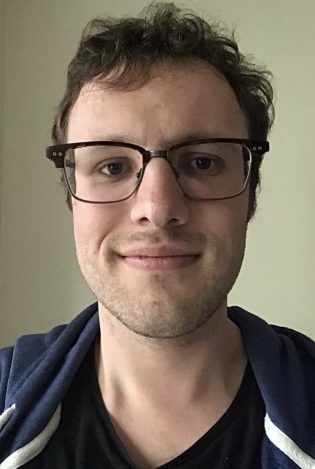Video game voice actors and motion capture performers in the SAG-AFTRA union have voted to authorise a labour strike if upcoming contract negotiations fall through. This is happening in the midst of simultaneous strikes by the Writers Guild of America (WGA) and film and TV actors, the first such simultaneous strike since the 1960s.
The critical areas of contract negotiations are healthcare, higher pay, better conditions for motion-capture performers, and protections from AI threatening voice actors’ job security. The SAG-AFTRA agreement covering video game performers expired last November, but has been renewed each month via ongoing negotiations between the union and major video game companies, including Activision Blizzard, Epic Games and EA.
“We will continue to negotiate in good faith to reach an agreement that reflects the important contributions of SAG-AFTRA-represented performers in video games,” said Audrey Cooling on behalf of the video game companies, following the vote to authorise a strike. “We have reached tentative agreements on over half of the proposals and are optimistic we can find a resolution at the bargaining.”

“This is at an inflection point for our industry. In particular with AI, because right now there aren’t any protections,” said Ashly Burch, who voices Aloy in Horizon Zero Dawn and its sequel, in a statement to Reuters. “So, there’s every possibility that someone could sign a contract and be signing away the right to their voice or their movement.”
The concerns of voice actors regarding the encroachment of AI into their profession is not unwarranted. AI tools are already commonly used for placeholder dialogue during game development, which used to be something a human actor would be needed for. Disney has also formally recast Darth Vader after James Earl Jones’ retirement not to another actor, but to the Respeecher AI voice program instead. AI art tools have even found their way into video game marketing materials on multiple occasions. While the technology probably isn’t there yet to fully imitate a powerful and emotive performance that a professional actor like Burch can provide, it isn’t unthinkable that unless strong protections are already in place, video game companies will make full use of these tools as soon as they can.
If a contract that is accepted by all parties is agreed upon, no strike will need to go ahead. However, if negotiations fall through, we could be seeing similar disruptions for video game development as have echoed throughout the film and TV industry over the past several months. With many developers also voting to unionise in recent times, we are entering an unprecedented fight for worker rights in the video game industry. Hopefully, whatever disruptions such a strike may cause if it goes ahead, the end result will be better working conditions and protections for workers across the board.





